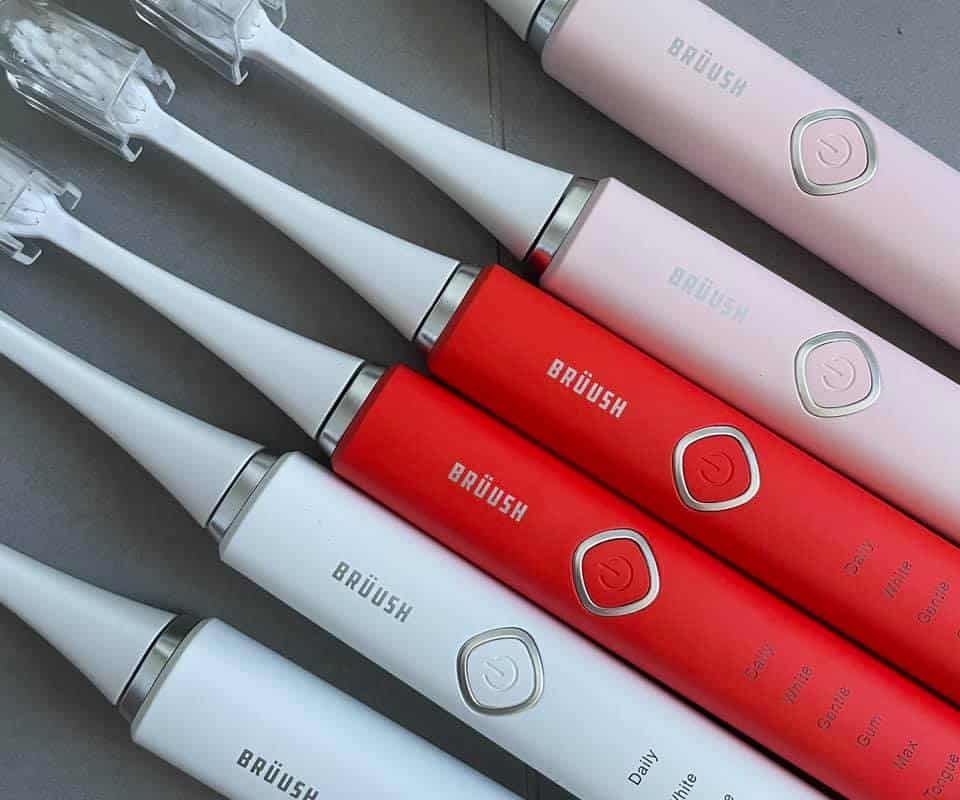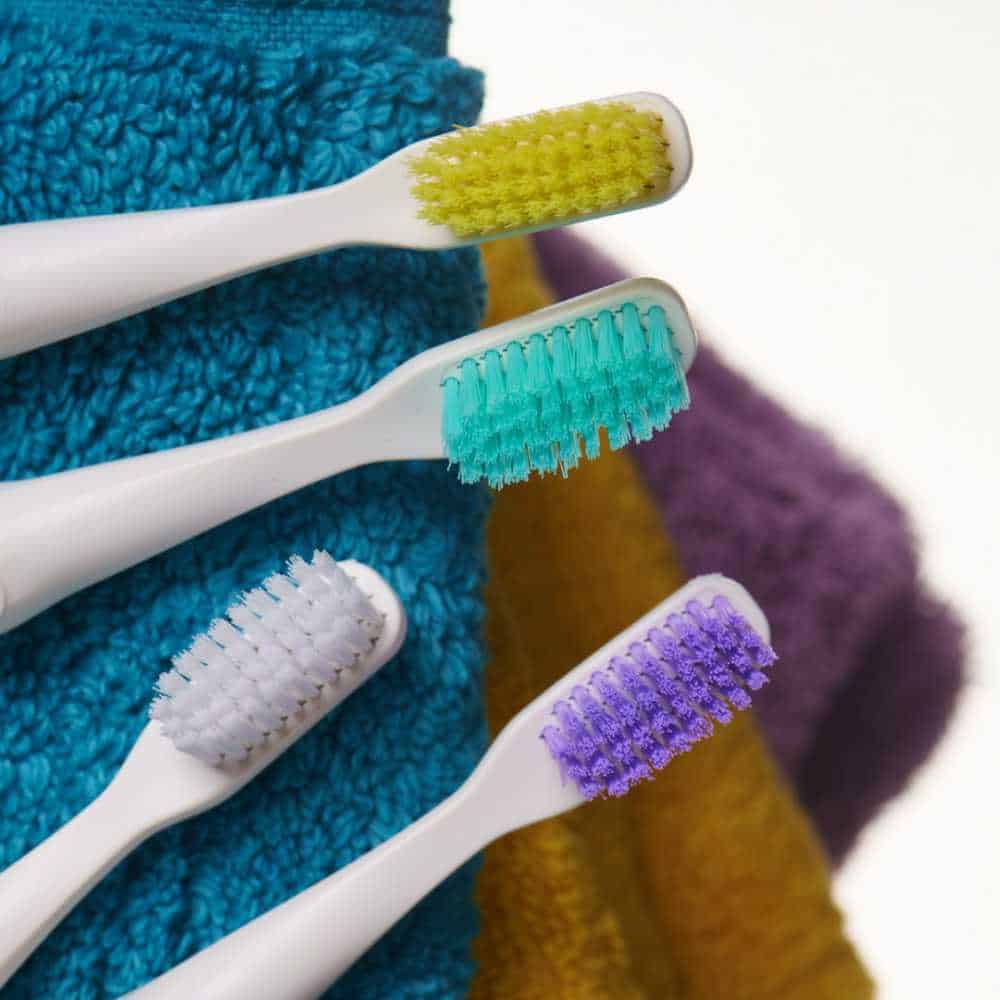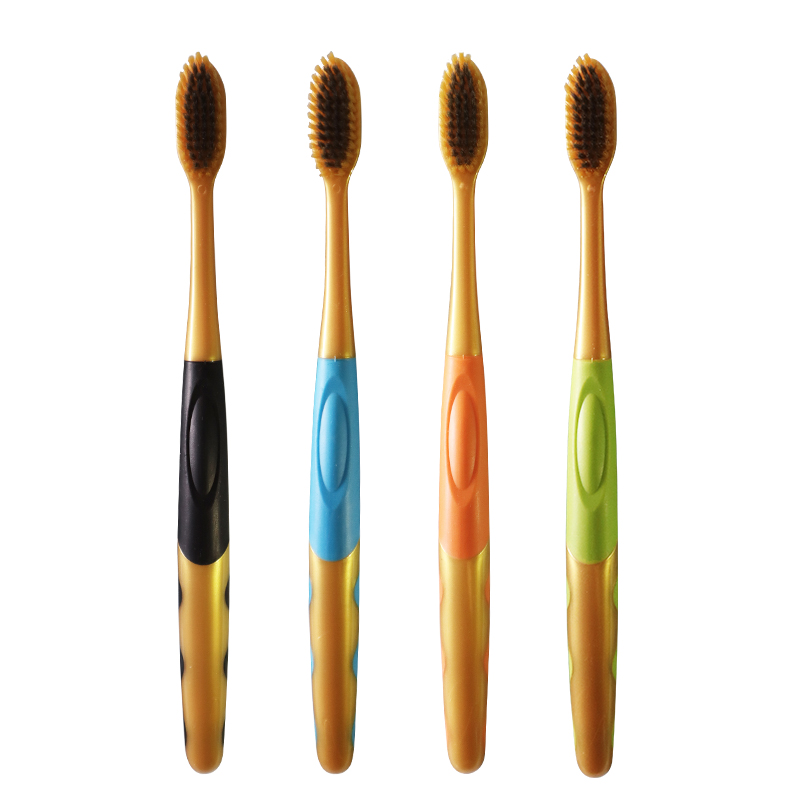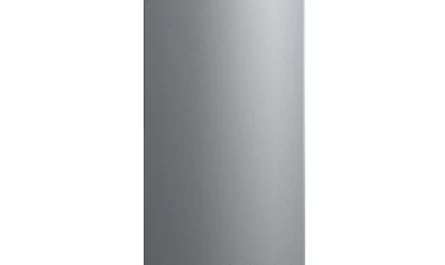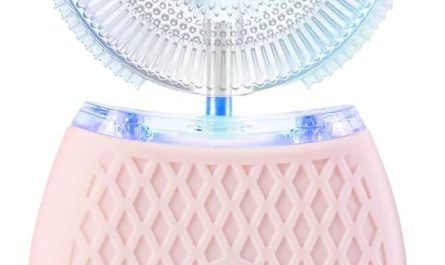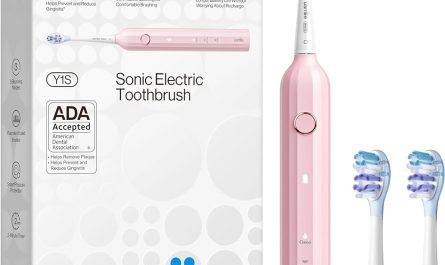When it comes to maintaining optimal oral hygiene, the debate between electric and manual toothbrushes rages on. Many people wonder whether the advanced technology offered by electric toothbrushes truly outshines the effectiveness of traditional manual brushes. This article will delve deeply into the various facets of both types of toothbrushes, examining their benefits, drawbacks, and overall effectiveness while maintaining a focus on the key question: Is electric or manual toothbrush better?
Understanding Toothbrush Types
The Basics of Manual Toothbrushes
To begin with, traditional manual toothbrushes are the most commonly used type. They consist of a handle and a head bristling with nylon bristles, which can come in various shapes, sizes, and firmness levels. Manual toothbrushes are easy to find and are typically less expensive than their electric counterparts. One key benefit of manual brushes is that users have complete control over the brushing technique and pressure applied.
Moreover, the simplicity of manual toothbrushes allows them to be used effectively by individuals of all ages. For instance, children can learn the fundamentals of oral hygiene using these brushes, laying the groundwork for proper dental care in their future. Not to mention, manual toothbrushes are readily available and require no special charging, making them a convenient choice for travel.
The Rise of Electric Toothbrushes
On the other hand, electric toothbrushes have gained considerable popularity over the past few decades. These devices feature rotating or oscillating brush heads driven by a battery or electricity. Many models include timers, pressure sensors, and different brushing modes designed to enhance the user experience.
The technology involved in electric toothbrushes promises valid advantages, particularly in areas such as ease of use and effectiveness. Research has shown that electric toothbrushes can lead to better plaque removal and reduced gingivitis compared to manual brushes. This advantage largely stems from the consistent motion and speed of the bristles. Furthermore, many people find electric toothbrushes easier to use, which is especially beneficial for individuals with limited dexterity, such as the elderly or disabled.
Effectiveness of Cleaning
Comparative Studies
Transitioning to studies comparing the effectiveness of electric and manual toothbrushes, several scientific research projects have provided insight into their respective performances. For instance, a systematic review published in the Cochrane Database of Systematic Reviews found that electric toothbrushes were significantly more effective at reducing plaque and gingivitis as opposed to manual brushes.
Importantly, the efficiency of plaque removal is attributed to the mechanical action and vibration of the electric brush head. Furthermore, studies show that individuals using electric toothbrushes tend to brush for longer periods, which adds to their overall efficacy. Consequently, this increase in brushing time can translate to improved oral health outcomes over time.
Plaque and Gum Health
Diving deeper into plaque control and gum health, electric toothbrushes often come equipped with features designed to optimize brushing techniques. For instance, many types will include built-in timers to encourage users to brush for the recommended two minutes. This conscious effort can significantly reduce plaque buildup, contributing to overall gum health.
Moreover, pressure sensors in some electric models prevent excessive brushing force, which can lead to gum recession and enamel erosion. In contrast, manual toothbrush users may not always be aware of how much pressure they are applying, potentially resulting in oral health issues down the line.
User Experience
Convenience and Comfort
In terms of user experience, convenience plays a significant role in the choice between electric and manual toothbrushes. While both options effectively clean teeth, electric toothbrushes often require less effort to achieve a thorough clean. Individuals using electric brushes may find it easier to maintain a consistent brushing routine, largely due to the hands-free mechanism that does much of the work for them.
Additionally, comfort is a factor worth considering. Users with limited wrist strength or dexterity may find the weight and function of electric toothbrushes far more manageable, leading to a more enjoyable experience. This transition towards ease of use can be critical for those who may struggle with traditional manual options.
Noise and Other Considerations
However, it’s essential to mention that electric toothbrushes do come with some drawbacks. The noise produced by these devices can be off-putting for some individuals, particularly those who prefer quiet routines. Although newer models often operate at reduced sound levels, this aspect may still impact the decision for certain users.
In some cases, individuals may also find electric toothbrushes to be too bulky for travel, given that they typically require charging or replacement of batteries. On the other hand, manual toothbrushes are compact and can be packed easily into bags, making them a preferred option for travelers who prioritize simplicity.
Maintenance and Replacement
Cost Implications
The cost of maintaining electric toothbrushes versus manual ones is another crucial factor to consider when evaluating which option may be better. Initially, electric toothbrushes may appear to be a more significant investment due to their higher upfront cost. However, this expense should be balanced against the need to replace brush heads periodically, which can add to the long-term financial commitment.
Additionally, manual toothbrushes must also be replaced regularly—approximately every three months or after illness. Therefore, while electric toothbrushes can be more costly upfront, manual toothbrushes still require consistent investments over time.
Cleaning and Durability
Furthermore, the cleaning and durability of each type can also affect overall satisfaction. Electric toothbrushes generally come with warranties and are designed to last years, assuming users maintain them properly. On the contrary, manual toothbrushes tend to wear down more quickly, with bristles becoming frayed and ineffective sooner than sometimes advertised.
Moreover, for effective hygiene, it’s vital for users to replace their toothbrush regularly. Some brands now produce antibacterial manual brushes designed for longer-lasting durability and cleanliness. However, electric alternatives continue to gain traction due to their innovative designs and cleaning efficiencies.
User Preferences and Dental Recommendations
Professional Endorsement
Professional recommendations greatly influence the choice between electric and manual toothbrushes. Many dental professionals advocate for electric options, providing clear guidance on the advantages associated with their use. They highlight that electric brushes tend to offer superior plaque removal and endorse them for individuals prone to gum disease.
As a result, dentists frequently suggest electric toothbrushes especially for patients experiencing challenges with manual brushing techniques. Interestingly, over 90% of dentists recommend some form of electric toothbrush to their patients. This consensus creates a sense of assurance for consumers considering a switch.
Personal Preferences
However, personal preferences ultimately play a significant role in this choice. For some, the tactile feel of a manual toothbrush offers a sense of connection to the act of brushing. Individuals may enjoy the control that comes with a manual option, allowing them to customize their brushing experience fully.
Ultimately, it boils down to individual habits and routines. Some people are heavily influenced by technology and prefer gadgets that offer more efficiency, while others are fond of the traditional aspects of manual brushing. Preferences vary significantly across age demographics, cultural backgrounds, and personal experiences, all contributing to the ultimate decision.
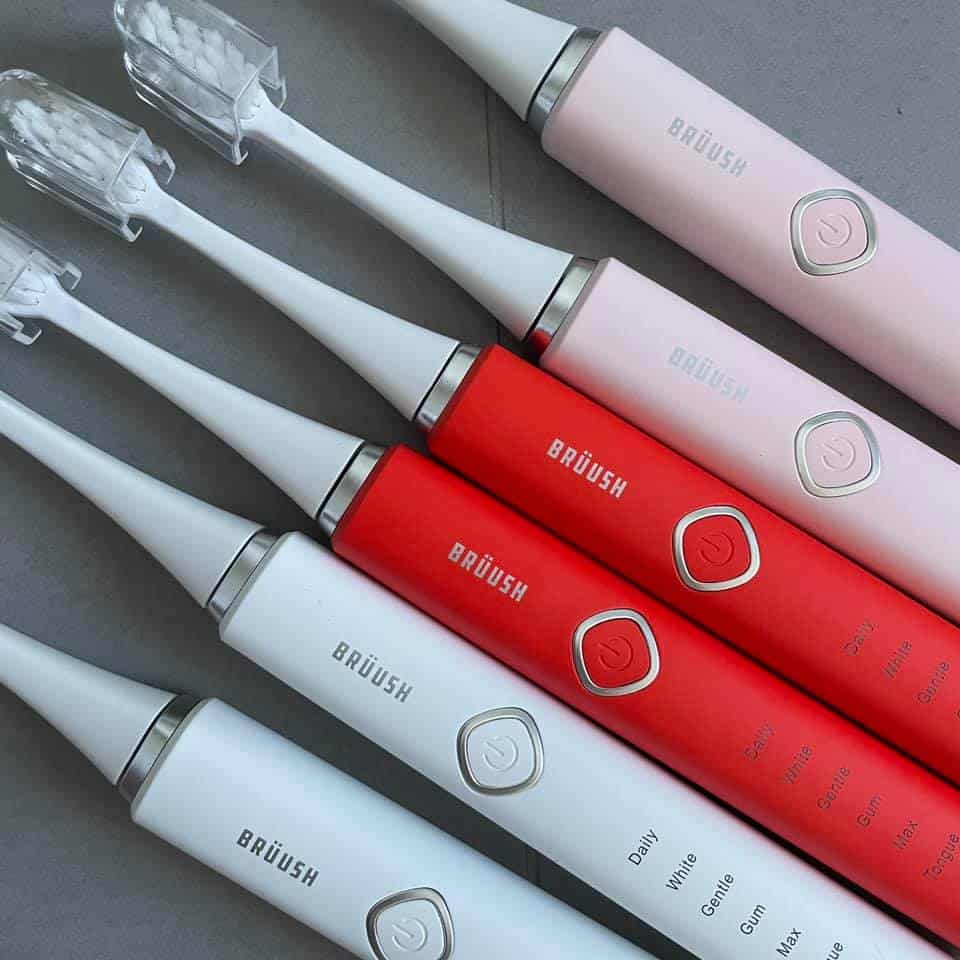 Final Thoughts: Is Electric or Manual Toothbrush Better?
Final Thoughts: Is Electric or Manual Toothbrush Better?
In reviewing the various facets of electric versus manual toothbrushes, it becomes increasingly clear that both have unique benefits and limitations. Electric toothbrushes generally lead the way in terms of plaque removal, ease of use, and professional endorsement. However, manual toothbrushes continue to be an accessible, economical, and effective option for many.
Ultimately, the decision comes down to personal preference and oral health needs. As we conclude, the question remains: is electric or manual toothbrush better? Depending on individual circumstances, each may hold the key to maintaining comprehensive dental care and promoting better long-term oral health. What’s crucial is whether one chooses to commit to consistent brushing, regardless of the option they select.

